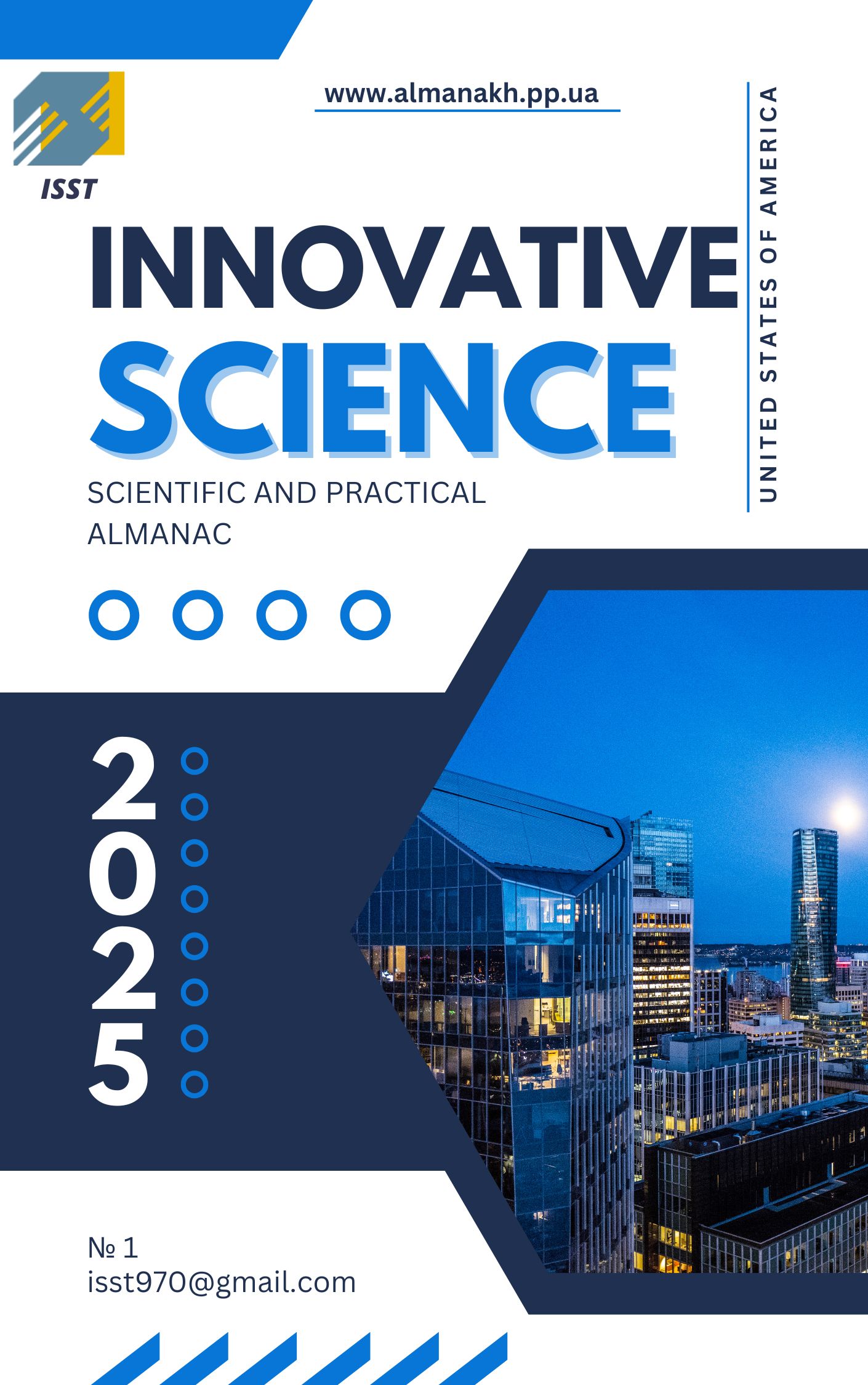INFORMATION LITERACY AS A PRIORITY
Ключові слова:
INFORMATION, LITERACY , PRIORITYАнотація
Information literacy and lifelong learning have been described as the beacons of the information society, illuminating the courses to development, prosperity and freedom. Information literacy empowers people in all walks of life to seek, evaluate, use and create information effectively to achieve their personal, social, occupational and educational goals. Information-literate people are able to access information about their health, their environment, their education and work, and to make critical decisions about their lives
Посилання
Dekusar, G., Tsyhikalo, H. (2024). Computer Crimes: some glimpses on the problem. National interests of Ukraine: scientific and practical journal. Scientific Perspectives Publishing Group. №4. P. 141-146.
2. Kozubai, I. V. (2023) Kompleksnyi analiz vplyvu shtuchnoho intelektu na vykladannia ta vyvchennia inozemnykh mov. [Comprehensive analysis of the impact of artificial intelligence on teaching and learning foreign languages]. Aktualni pytannia humanitarnykh nauk: mizhvuzivskyi zbirnyk naukovykh prats molodykh vchenykh Drohobytskoho derzhavnoho pedahohichnoho universytetu imeni Ivana Franka. Drohobych : Vydavnychyi dim «Helvetyka», 2023. Vyp. 63. T. 1. S. 210-214. [in Ukr.].
3. Krasnopolskyi, V., Polishchuk, O., Demchenko, M. (2024) Intehratsiia mobilnykh dodatkiv u osvitnii protses: analiz efektyvnosti ta mozhlyvostei dlia zdobuvachiv osvity. [Integration of mobile applications into the educational process: analysis of efficiency and opportunities for students]. Akademichni vizii. Vyp. 32. 2024. [in Ukr.].
4. Halenko,Y., Kazlauskas, J. (2023). Teaching a Native Language as a Foreign One: Methods, Approaches and Experience of Ukraine and the Republic of Lithuania. Philosophy, Economics and Law Review Vol. 3. No. 1. 296 p.
5. Maksymova, A. Varava, V. (2024). Comparative legal analysis of residence conditions of foreigners in Ukraine and abroad. Philosophy, economics and law review. Vol. 4. № 1. P. 195-201.
6. Nikitina, I., Ishchenko T. (2023) Smart-Systems in STEM Education. In International Conference on Information and Communication Technologies in Education, Research, and Industrial Applications Cham: Springer Nature Switzerland. P. 325-335.
7. Pakulova, T. (2021). Digital education: for and against. Language and Law. Dnipro: DSUIA, Р. 63-64.
8. Tsarova, I. V. (2017) Linhvoprahmatychnyi aspekt yurydychnoho dyskursu. [The linguopragmatic aspect of legal discourse]. Naukovyi chasopys NPU imeni M. P. Drahomanova. Seriia № 8. Filolohichni nauky (movoznavstvo i literaturoznavstvo). Vyp. 9. S. 125-131. [in Ukr.].
9. Tsarova, I. V. (2020). Linhvotsentrychnyi aspekt yurydychnoho tekstu. [The linguocentric aspect of a legal text]. Linhvistychni studii Linguistic Studies. 2020. № 39. S. 97–106. [in Ukr.]
10. Tsarova, I. V. (2023) Suchasnyi dyskurs informatsiinoi viiny. [Contemporary discourse of information warfare]. «Pivdennyi arkhiv» (filolohichni nauky). Vyp. XCV. S. 39-44. [in Ukr.].
11. Tsareva, I. Maksymenko, O., Kalko, R. (2024) Philosophical aspect of information warfare. Philosophy, Economics and Law Review, Vol. 4, No. 1. P. 57-66.
12. Tsareva, I. (2019) Functional and derivative space of the legal text. Advanced trends of the modern development of philology in European countries : Collective monograph. Riga : Izdevnieciba “Baltija Publishing”. Р. 217-233






